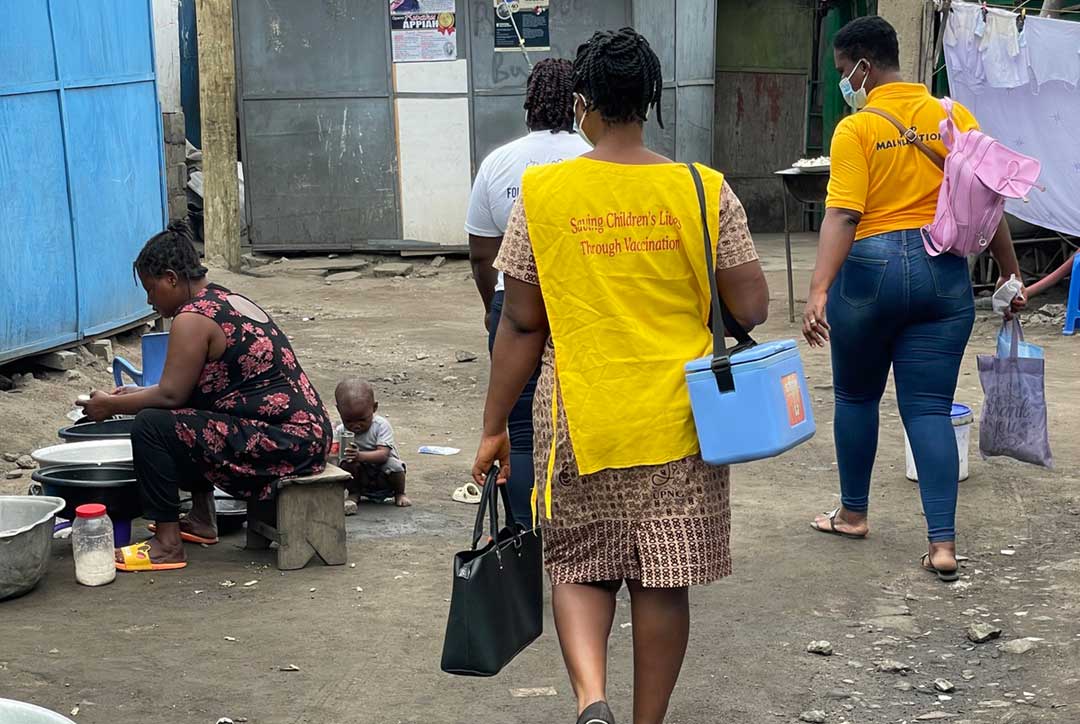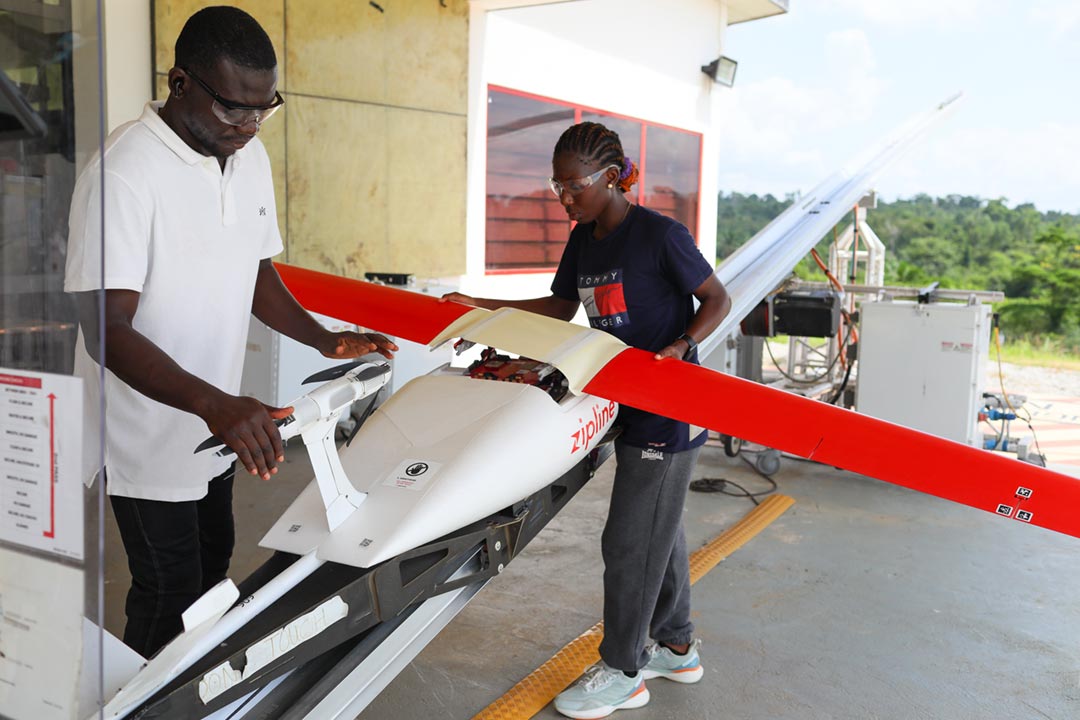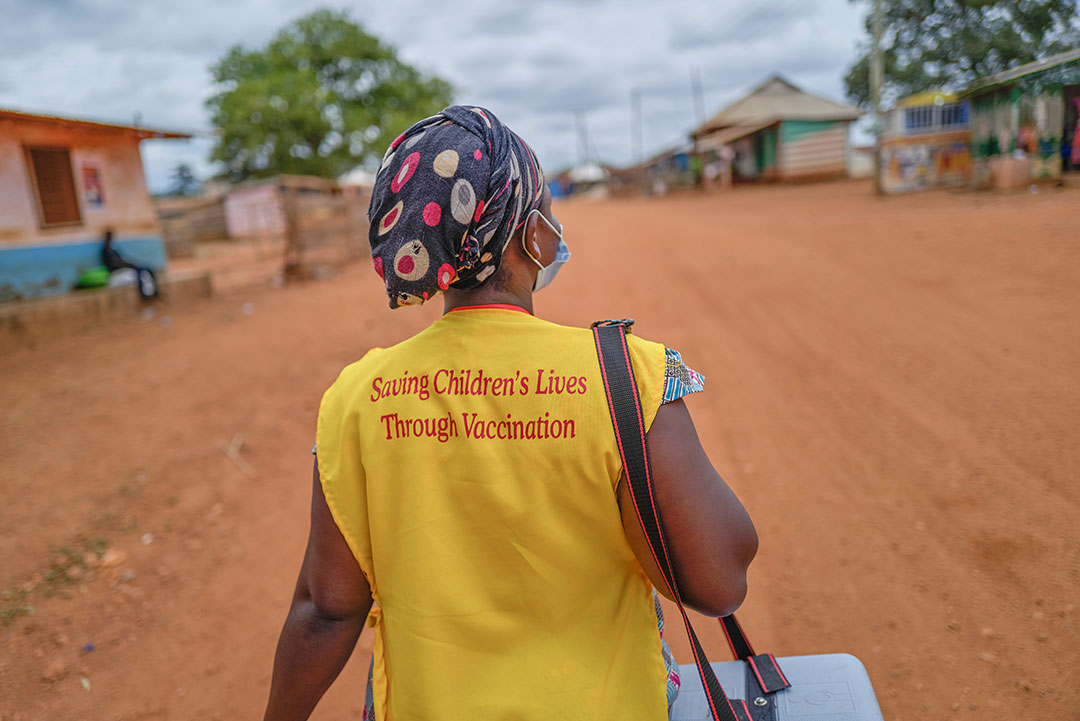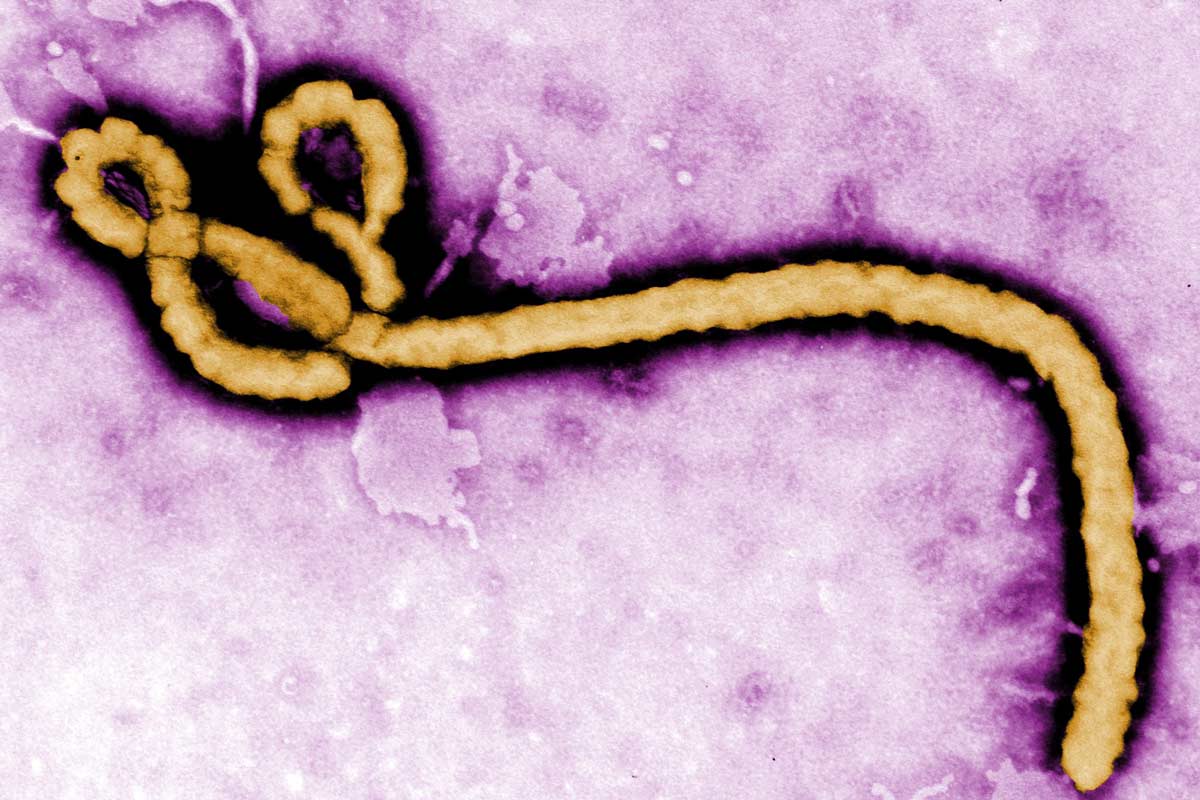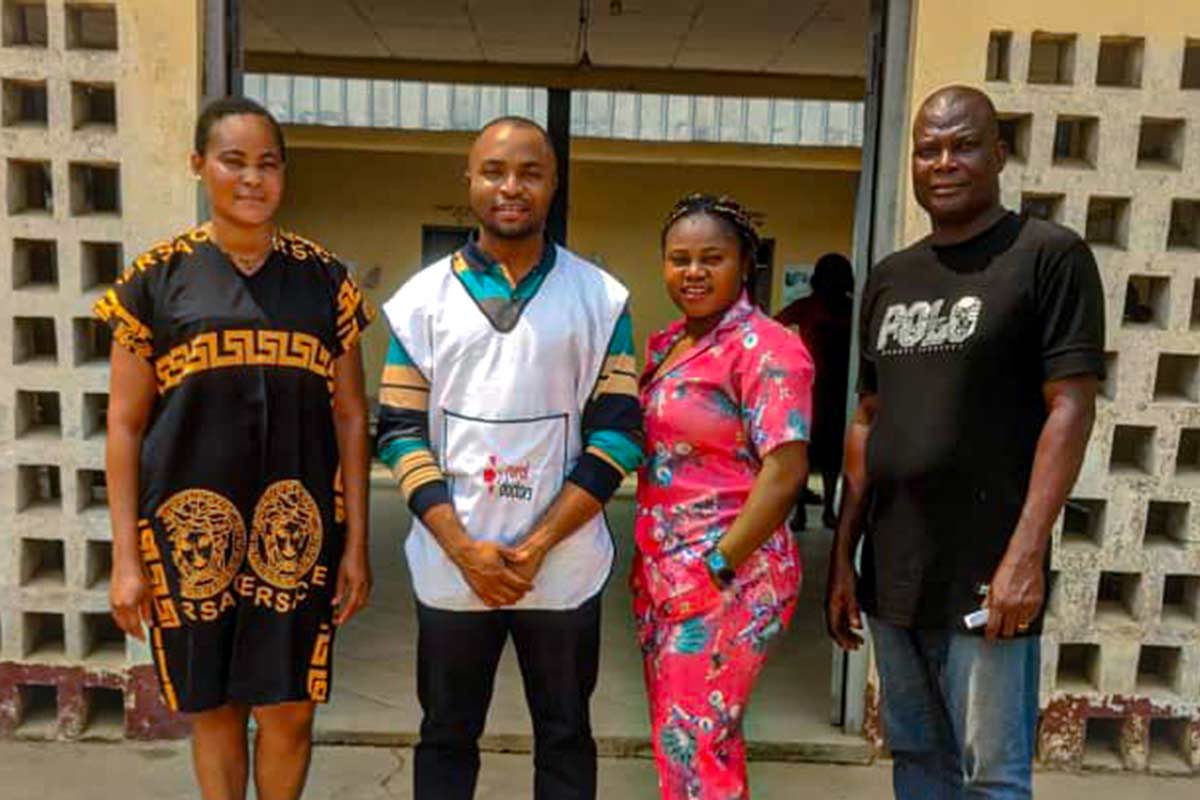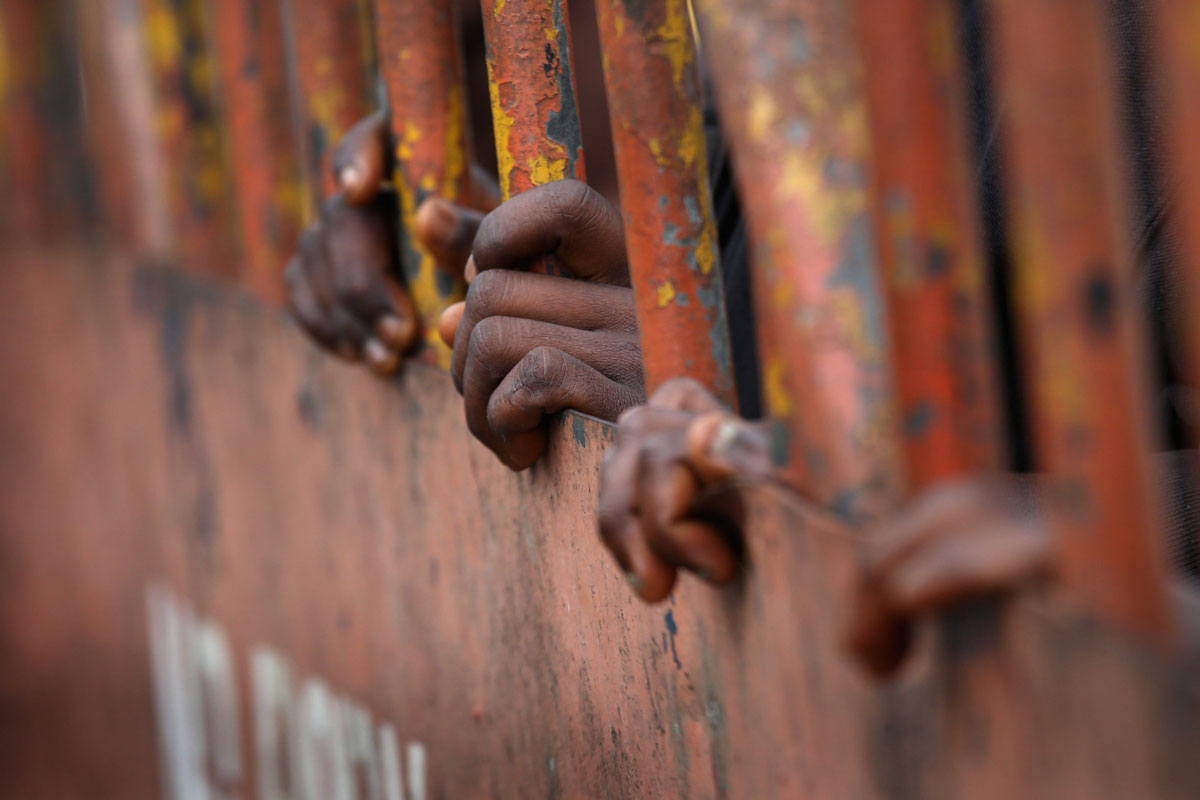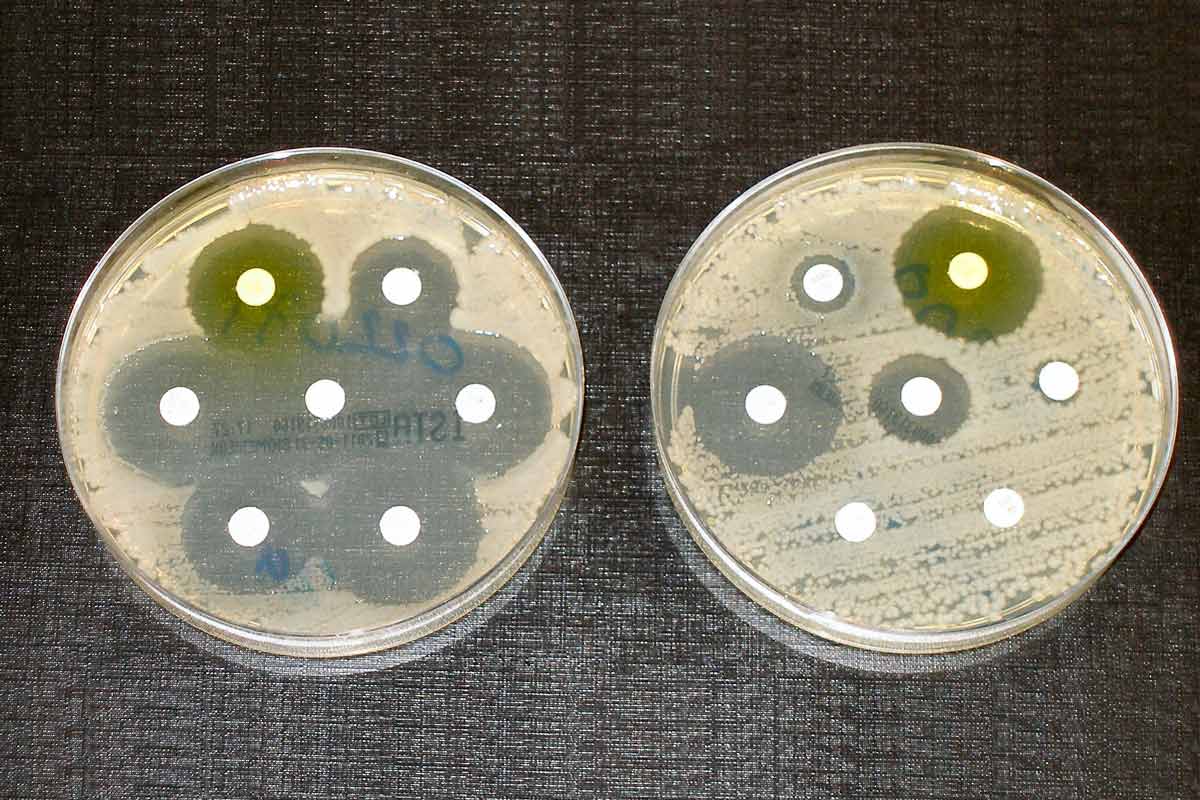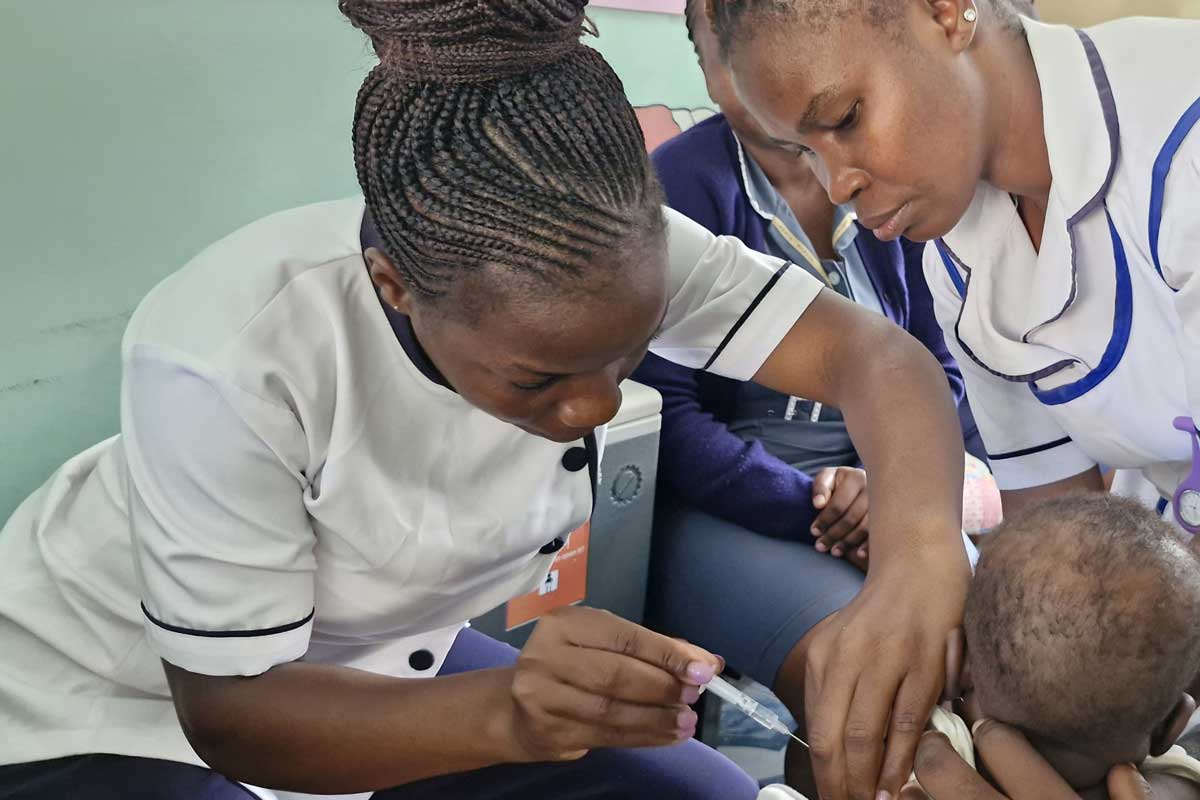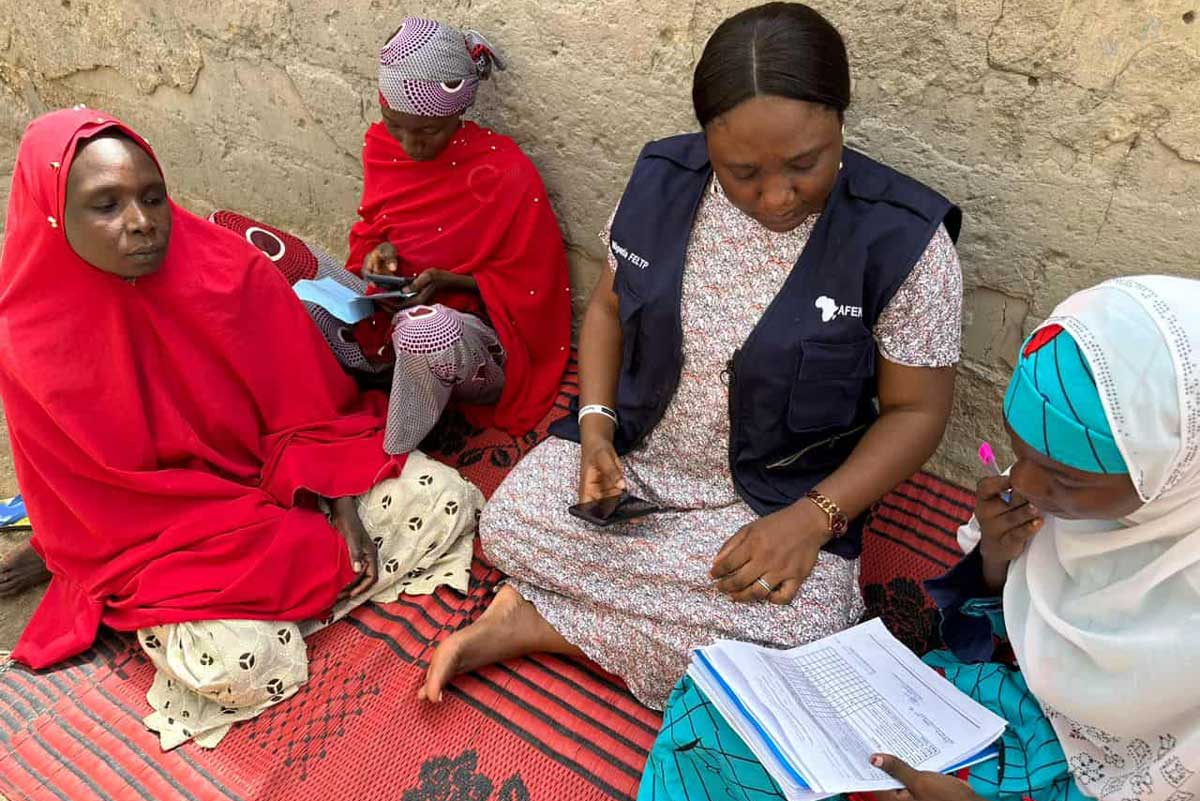“We’re closer to getting some normalcy back in our lives”: COVAX gets underway in Ghana
Ghana became the first African country to receive vaccines through the COVAX initiative in February. Meet one of the nurses spearheading the vaccination effort.
- 26 March 2021
- 4 min read
- by Nanama Boatemaa Acheampong
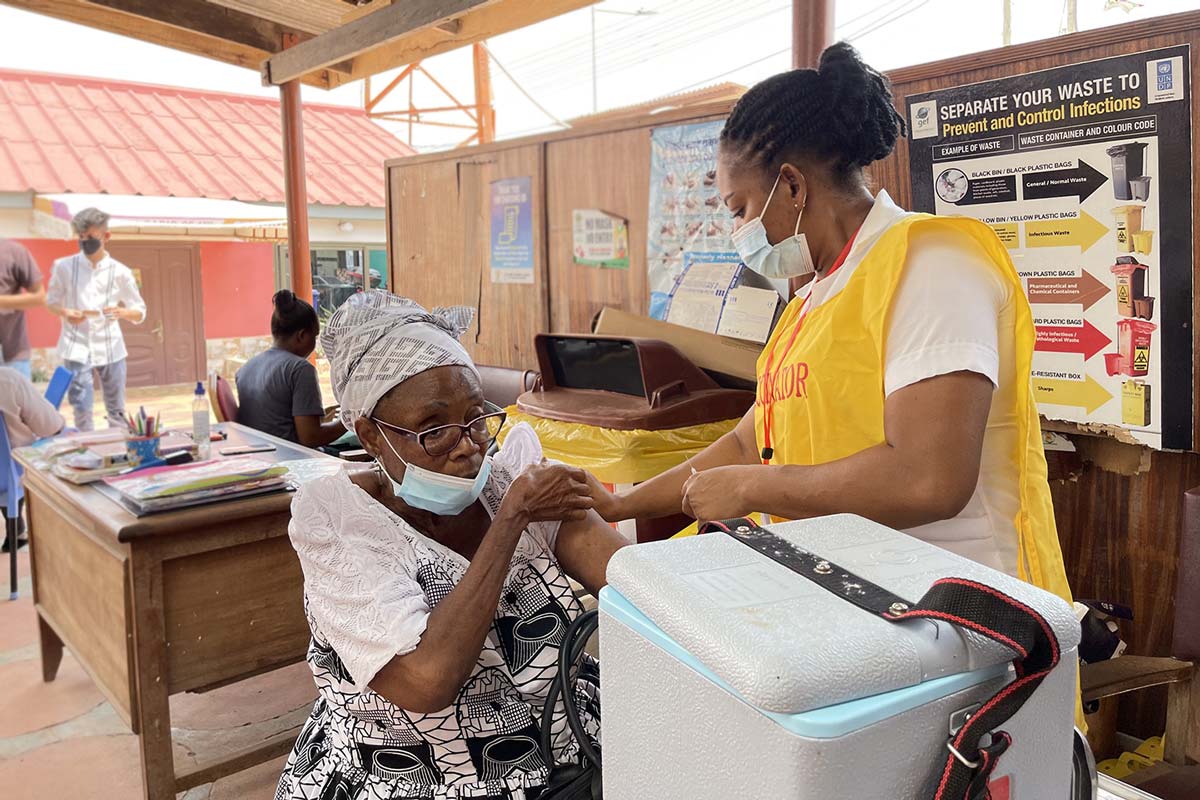
Having worked at an isolation centre in Accra for many months in 2020, 34-year-old Jennifer Oppong* has seen, first-hand, the havoc that the virus has wreaked on people and their families. Although she herself has been spared, some of her colleagues were not as lucky.
On 2 March 2021, Ghana kicked off its COVID-19 vaccination campaign with 600,000 AstraZeneca doses, which the country received from COVAX. Jennifer, a public health nurse at the La General Hospital in Accra, was excited at the news. “I was relieved when the vaccines arrived because to me it meant we were that much closer to getting some normalcy back in our lives,” she says.
To prepare for the roll-out of the vaccine, which took place in the capital city, Accra, as well as some parts of the Ashanti and Central regions, the Expanded Programme on Immunization (EPI) along with supervisors from the Ghana Health Service (GHS), were sent out to help prepare various municipal health centres for the week-long vaccination drive.
“For this vaccine, we didn’t have to procure a large number of equipment because the cold chain logistics we already have in place served as suitable storage for the AstraZeneca vaccine,” says Jennifer.
Between the arrival of the vaccines and the roll-out, there was no time to waste in getting health care workers prepped to lead the charge. Over the course of five days, Jennifer and her colleagues received training via Zoom. “The intensity of the sessions matched the urgency of the situation and, by the end of training, I was ready to do my bit,” Jennifer adds.
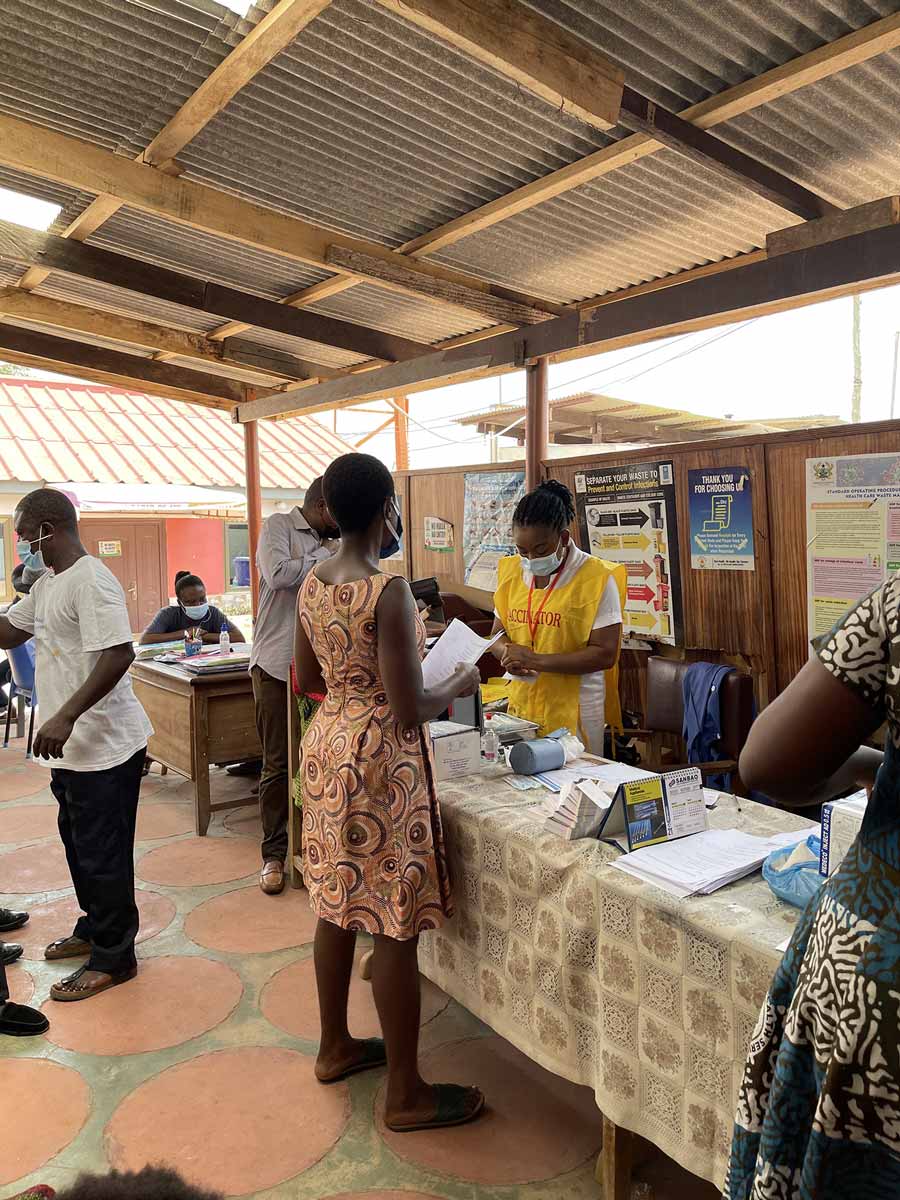
On the day the vaccination campaign began, she woke up feeling hopeful about the future for the first time in a long time. Like many others, the pandemic had filled Jennifer with fear for the safety of both her and her family, friends and patients. As a frontline worker, she was one of the first people to receive the jab, after which she says that she was finally able to imagine an end to the pandemic.
“I was eager to get the vaccine because I knew it would boost my immunity and reduce my chances of contracting the virus. I also wanted to set a good example for the people in my life who were apprehensive about getting it themselves.”
As the virus spread across Ghana, so did misgivings about the vaccine. Many believed that it was a clinical trial and “did not want to offer themselves as guinea pigs,” Jennifer explained. Being able to tell people that she had received the vaccine helped boost confidence in its safety and put some people’s minds at ease.
Every day at 8am, Jennifer and her team were set up and ready to vaccinate those who showed up at her centre.
Have you read?
“On the first day, we had a poor turnout of about 220 people, but we had anticipated that. Most people were waiting to see how those who had received the vaccine would react to it.”
As the days went by and people realised that nothing out of the ordinary was happening to those who had been vaccinated, they started to show up in larger numbers.
Jennifer reflects, “The exercise ran from 2 March to 8 March and, as word got around that the vaccine was safe, we began to see higher daily turnouts.”
The last thing she wanted was for people to miss out on such an important exercise, so it was a relief to her when the numbers started to rise. By the end of the campaign, Jennifer and her team were vaccinating upwards of 900 people a day and, on the last day, double that number were vaccinated.
“There were last-minute crowds scrambling for the vaccine the day after the exercise officially ended and, because we had some doses left, we were happy to administer them until we ran out.”
According to Health Ministry data, Ghana has recorded a coronavirus death toll of just under 750 to date, but with the first rollout of the vaccine under its belt the country has taken a critical step in bringing the pandemic to an end.
“I can hardly believe that the vaccines were developed so quickly, and that Ghana was one of the early recipients! It can sometimes take a while for new drugs to reach this part of the world, but through COVAX, we got the vaccine fast, for which I am grateful,” Jennifer says.
*Not her real name
